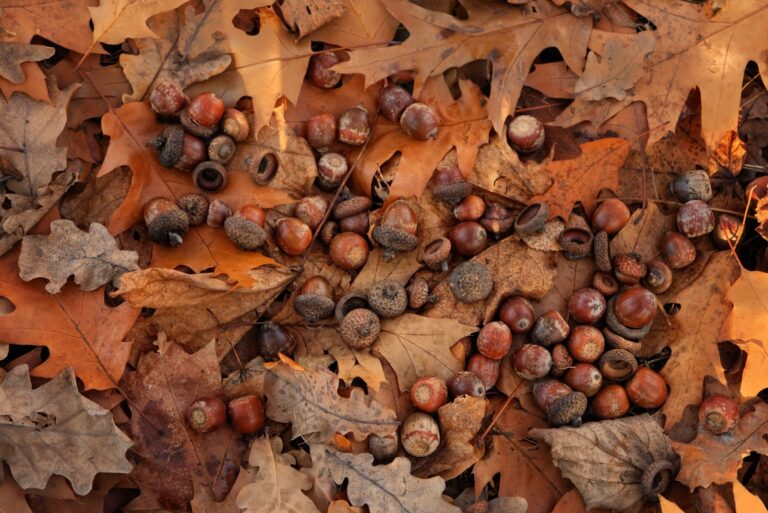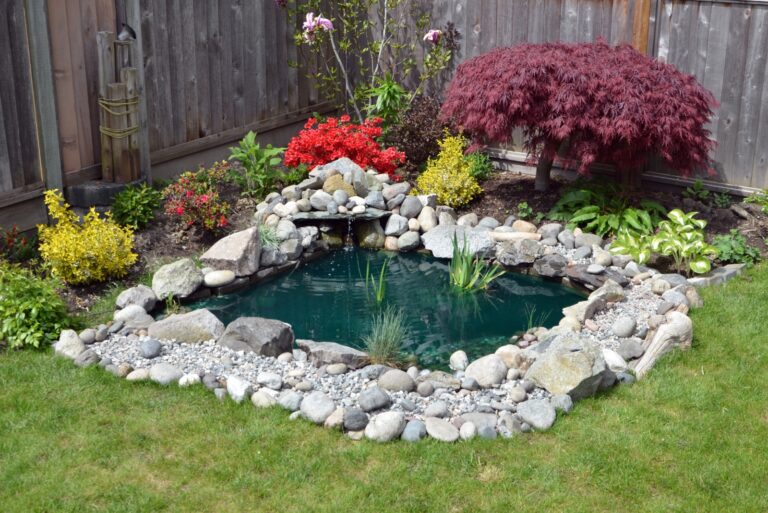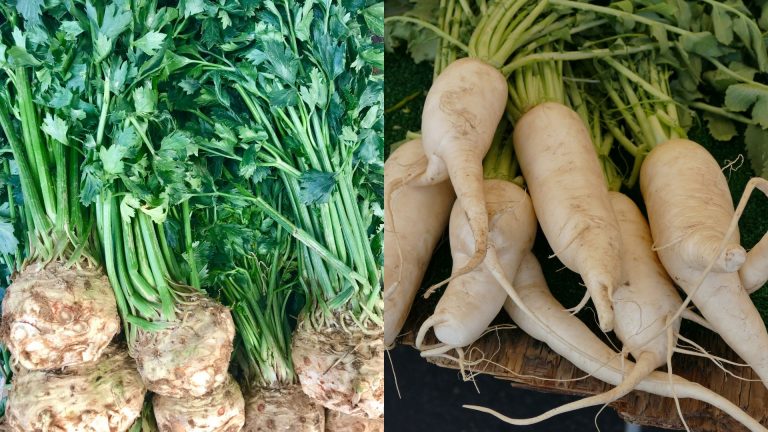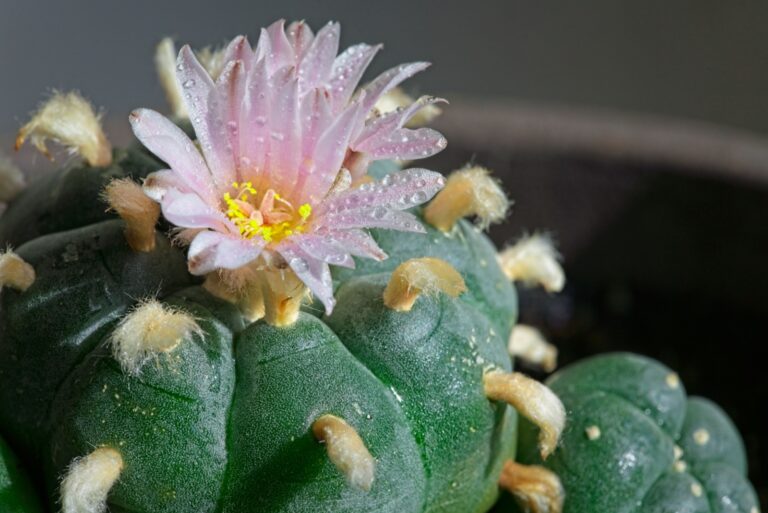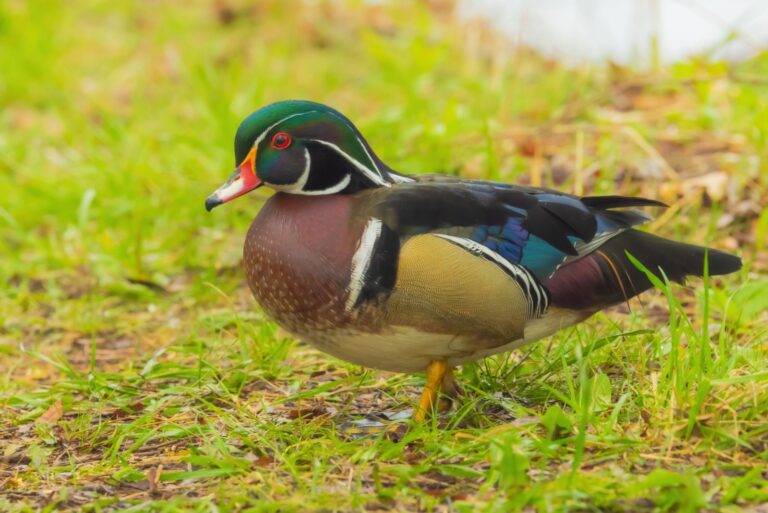Illegal Backyard Crops In New Jersey You Didn’t Know About
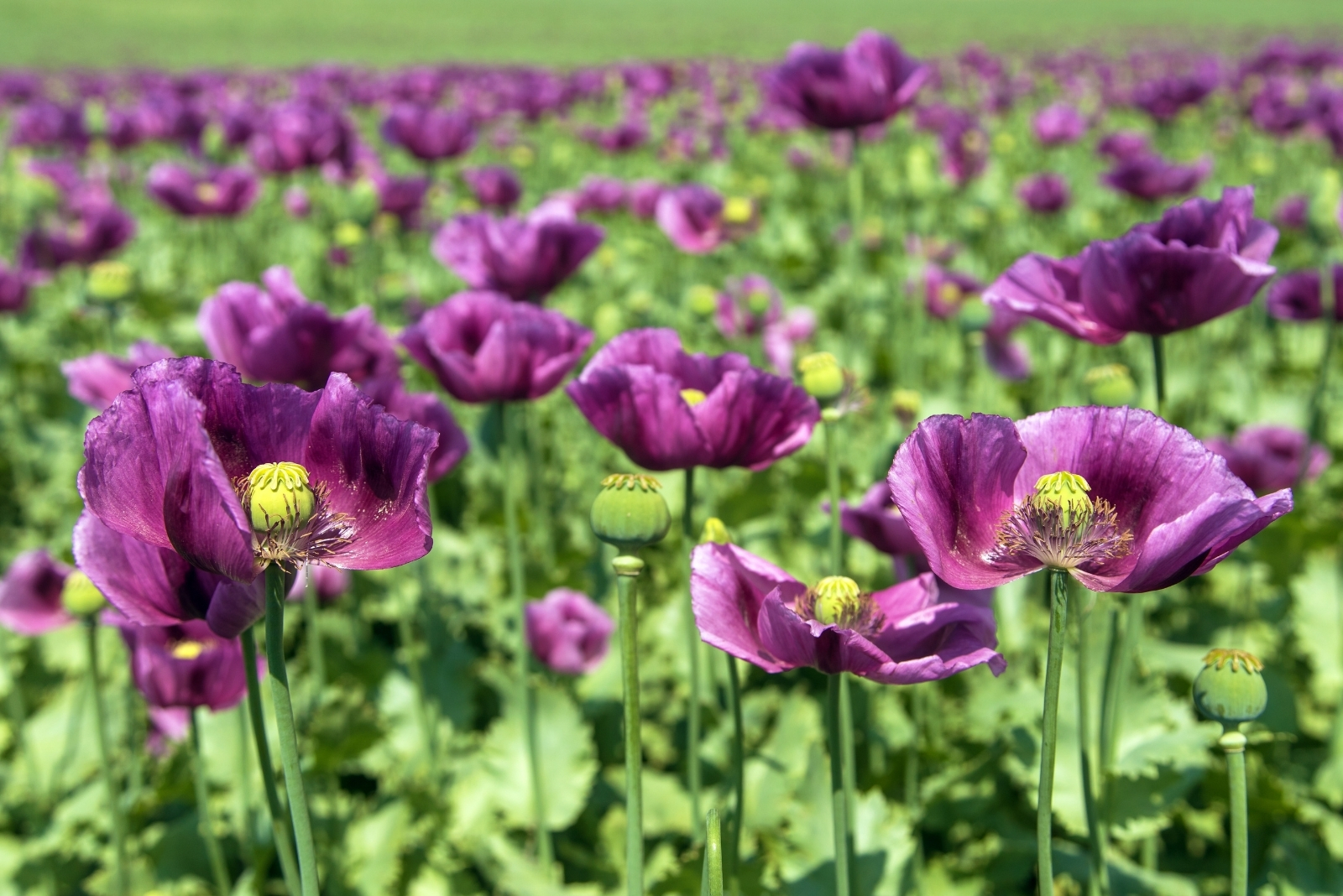
Think your backyard is just for flowers and veggies? In New Jersey, some crops are off-limits, and you might be surprised which ones. From unusual plants to hidden regulations, there’s more to growing than meets the eye.
Exploring what’s allowed (and what’s not) can save you big headaches. It’s a reminder that even a small garden can hold some unexpected secrets.
1. Opium Poppy
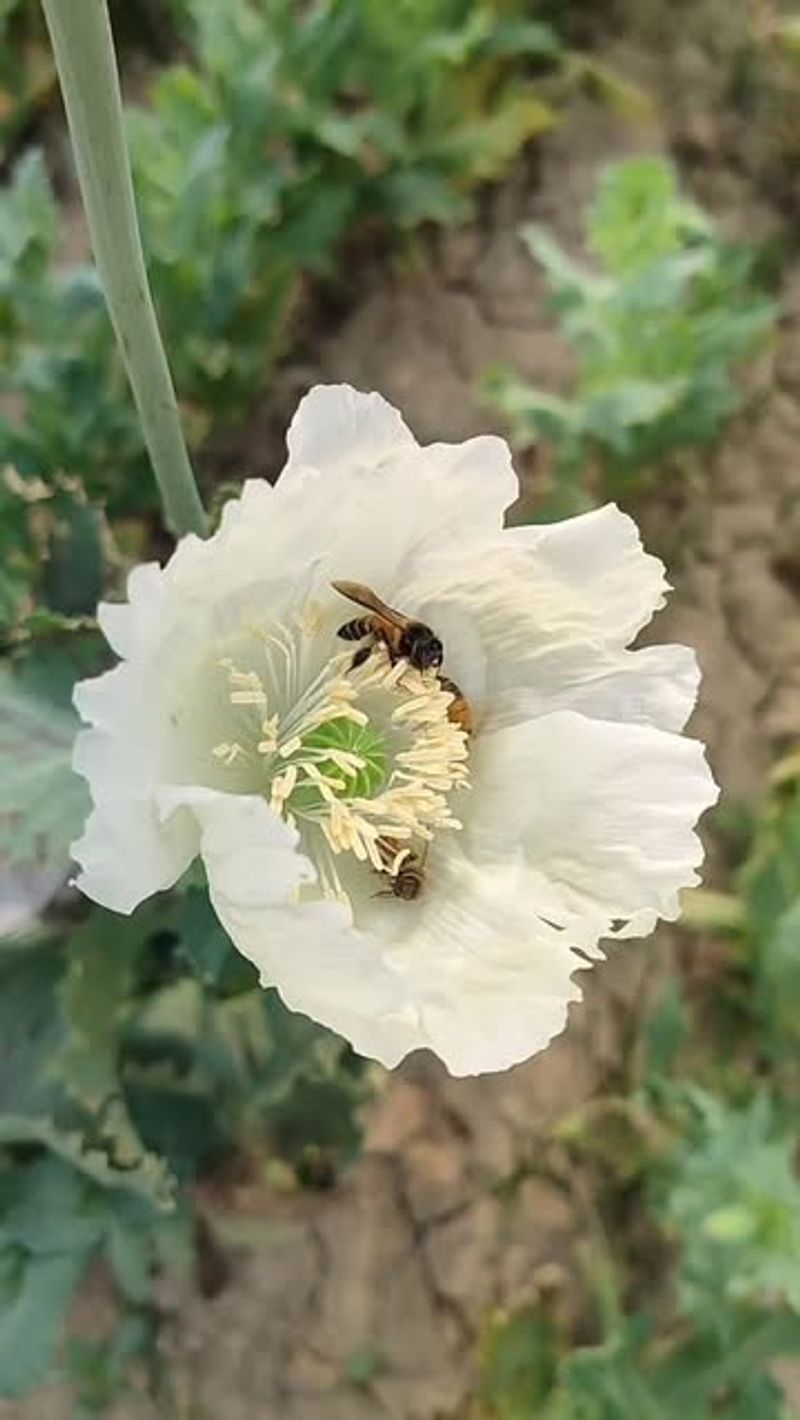
Those beautiful red flowers might seem innocent, but Papaver somniferum is classified as a Schedule II controlled substance. Many New Jersey gardeners unknowingly break the law by planting these striking blooms.
Federal regulations prohibit growing opium poppies throughout the Garden State. While seed packets are sold for culinary purposes, germinating and growing these plants crosses the legal line.
2. Khat
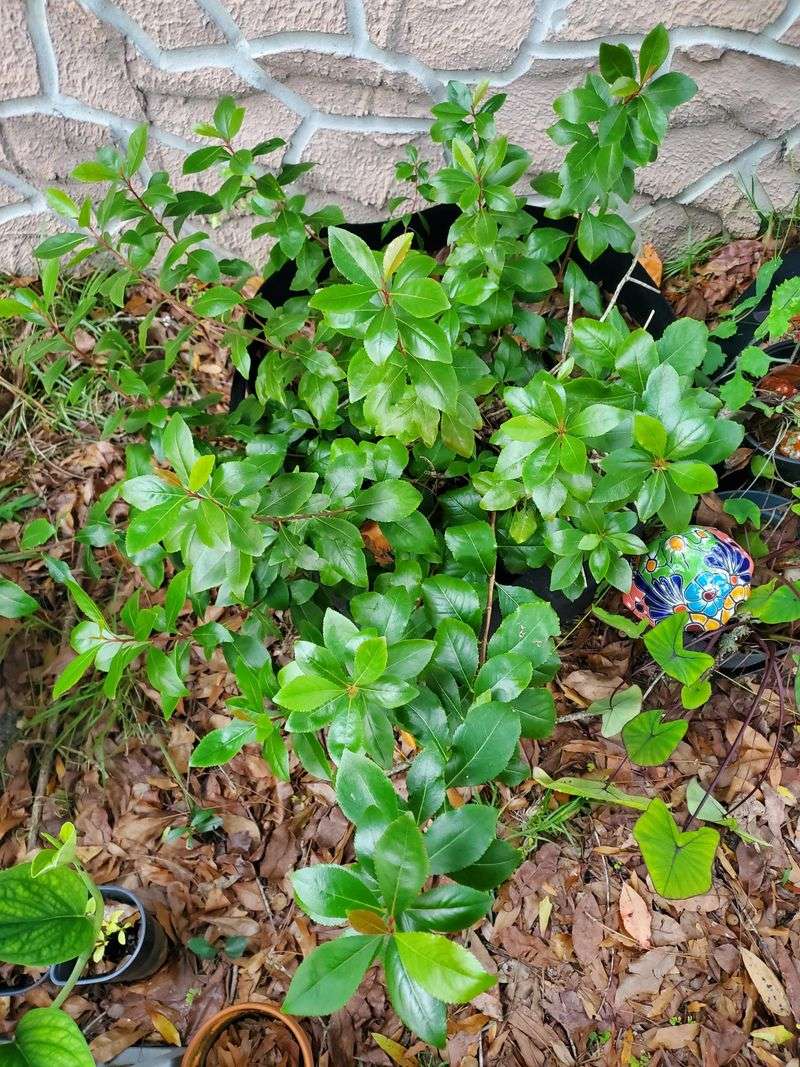
This East African shrub contains cathinone, a stimulant similar to amphetamine. New Jersey authorities classify khat as a controlled dangerous substance, making its cultivation illegal statewide.
Some immigrant communities value khat for cultural traditions, but growing it in your Garden State yard could result in serious criminal charges. The plant’s fresh leaves are chewed for their stimulant effects.
3. Peyote
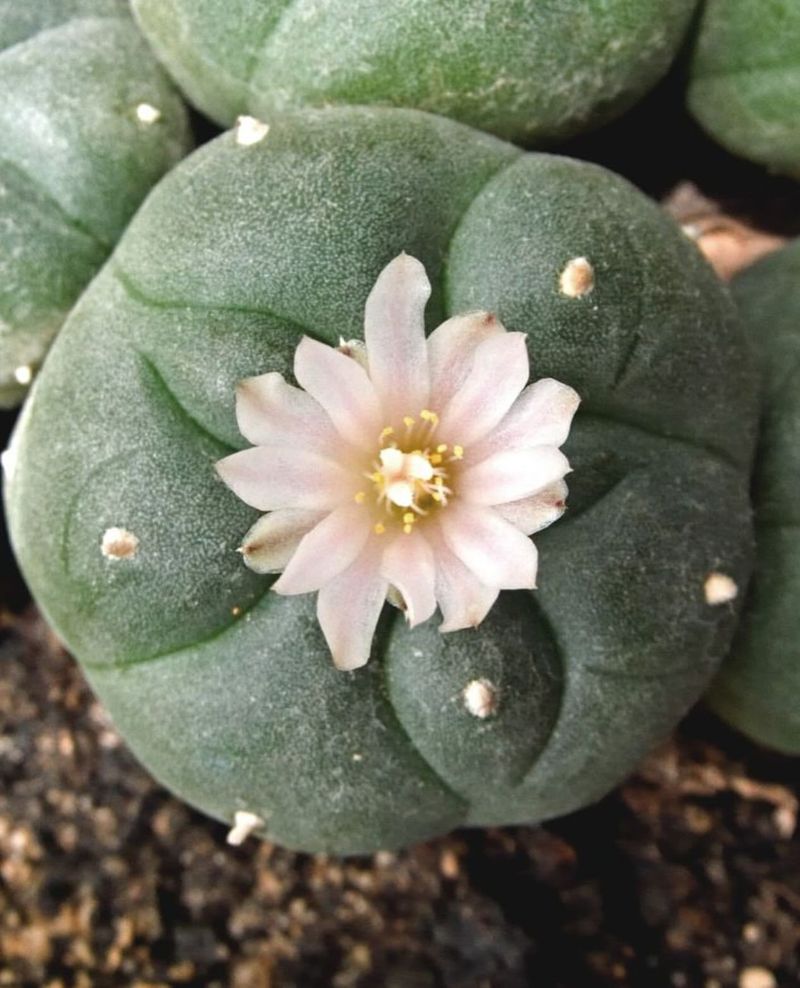
This small, spineless cactus contains mescaline, a powerful hallucinogen. Though some Native American religious ceremonies legally use peyote, New Jersey residents cannot grow it in their yards.
Federal law classifies peyote as a Schedule I controlled substance. The Garden State strictly enforces these regulations, making this desert plant completely off-limits for home cultivation regardless of intended use.
4. Salvia Divinorum
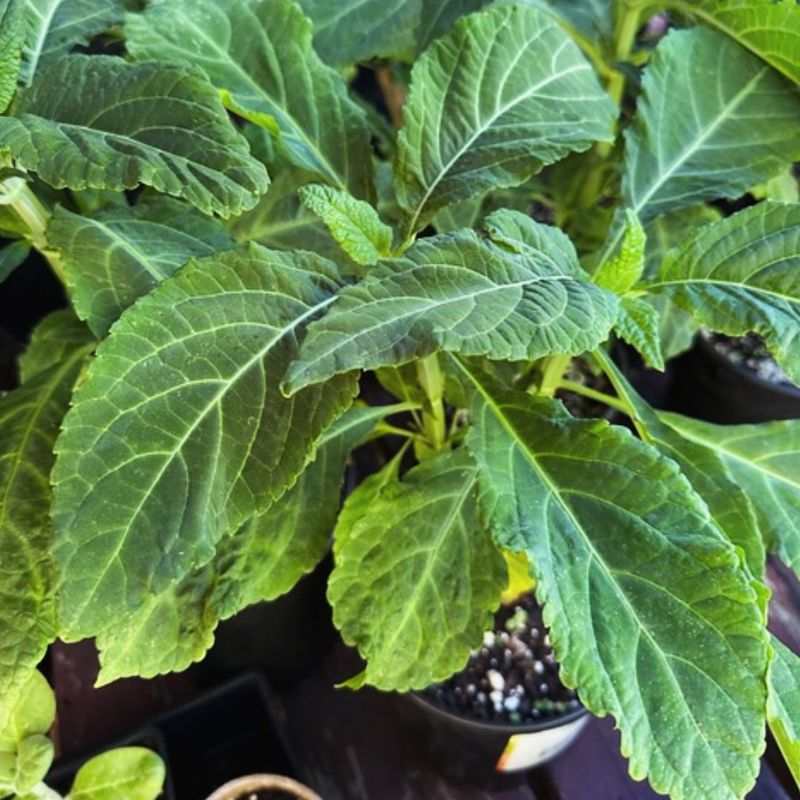
Known for producing intense but brief hallucinogenic experiences, this sage variety is banned for cultivation in New Jersey. Many gardeners mistake it for ornamental sage species that are perfectly legal.
The Garden State specifically prohibits growing this psychoactive plant. While some neighboring states have looser regulations, New Jersey maintains strict controls on salvia cultivation in residential areas.
5. Giant Hogweed
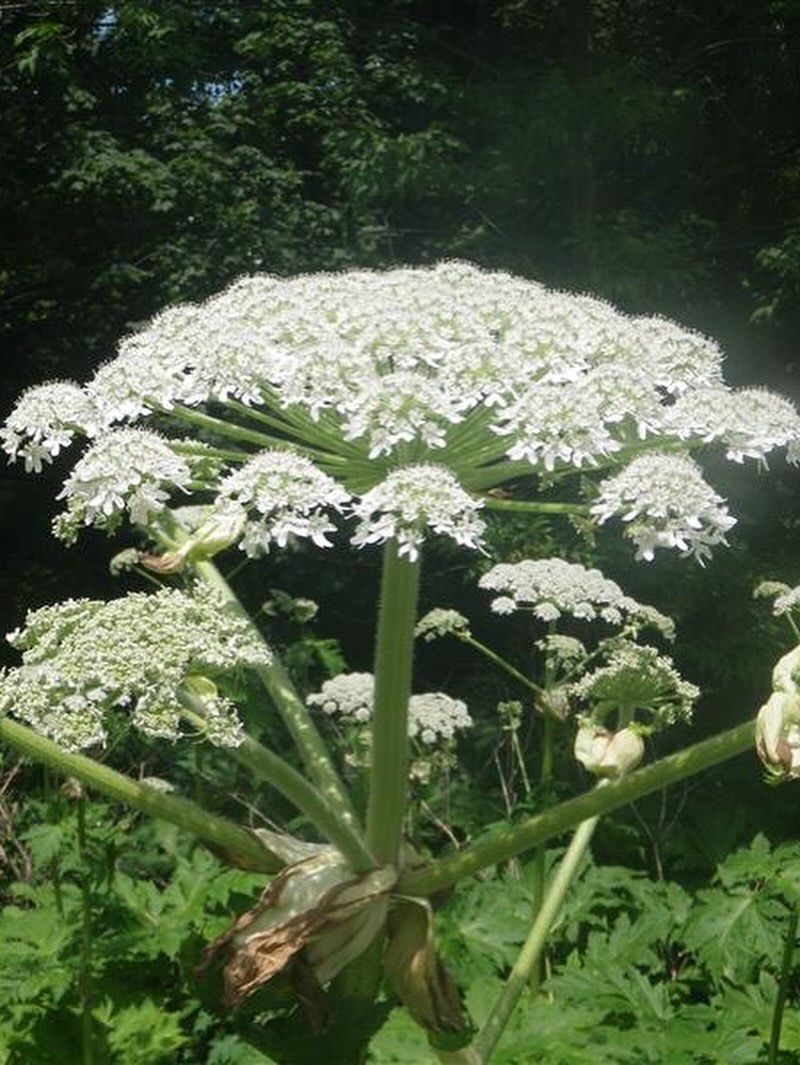
This massive plant isn’t illegal because of psychoactive properties but because it’s dangerously invasive. Contact with its sap causes severe burns when exposed to sunlight, making it a public health hazard in New Jersey.
State environmental authorities actively eradicate giant hogweed wherever it appears. Growing this plant intentionally in your Garden State yard is prohibited under invasive species regulations.
6. Morning Glory
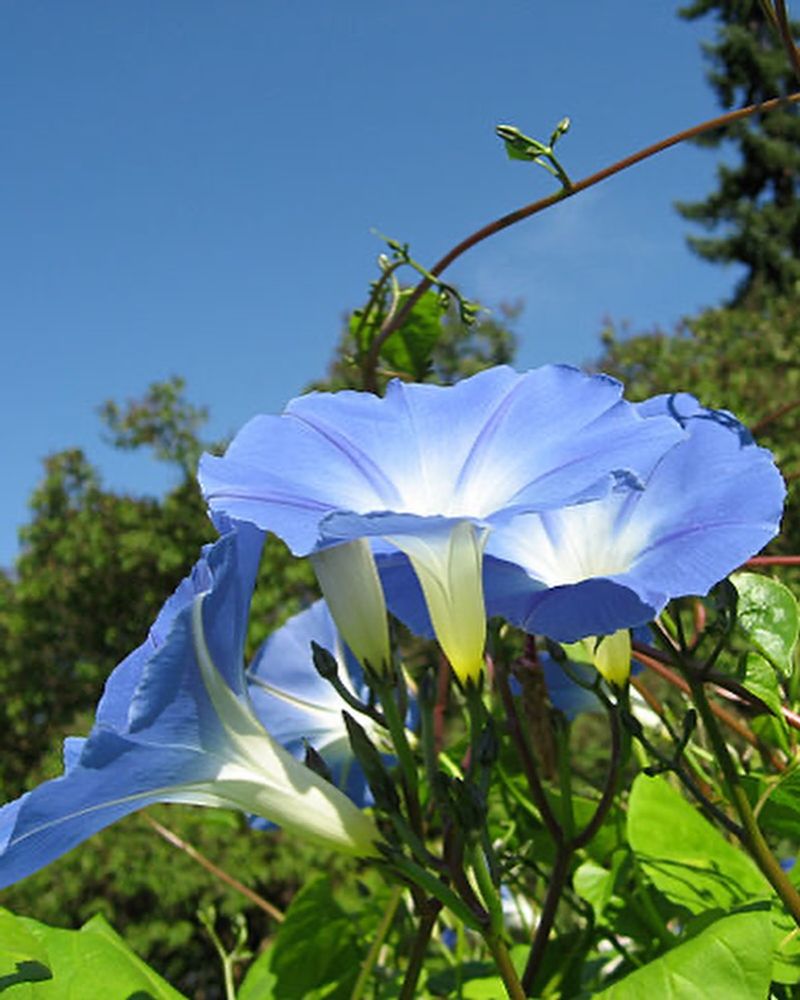
Surprised? Certain varieties of morning glory contain LSA, a compound similar to LSD. New Jersey has restrictions on growing specific types known for their psychoactive properties.
While common ornamental varieties remain legal in the Garden State, Hawaiian Baby Woodrose and other high-LSA morning glory species are prohibited. Many gardeners unknowingly violate these regulations with innocent-looking seed packets.
7. Kratom
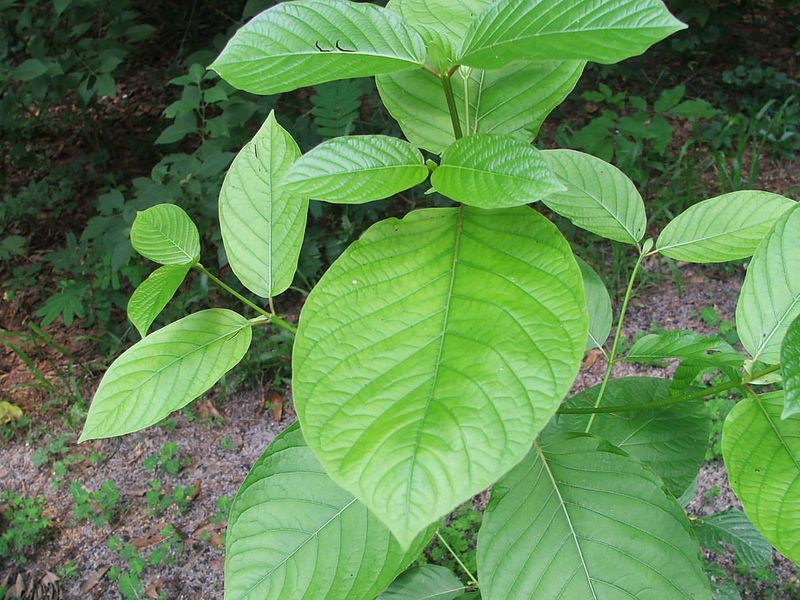
This Southeast Asian tree produces leaves containing compounds that interact with opioid receptors. New Jersey has banned kratom cultivation, considering it a dangerous substance with potential for abuse.
Garden State authorities actively enforce regulations against growing this controversial plant. Despite advocacy groups claiming it has medicinal benefits, maintaining kratom plants in your yard remains illegal throughout New Jersey.
8. San Pedro Cactus
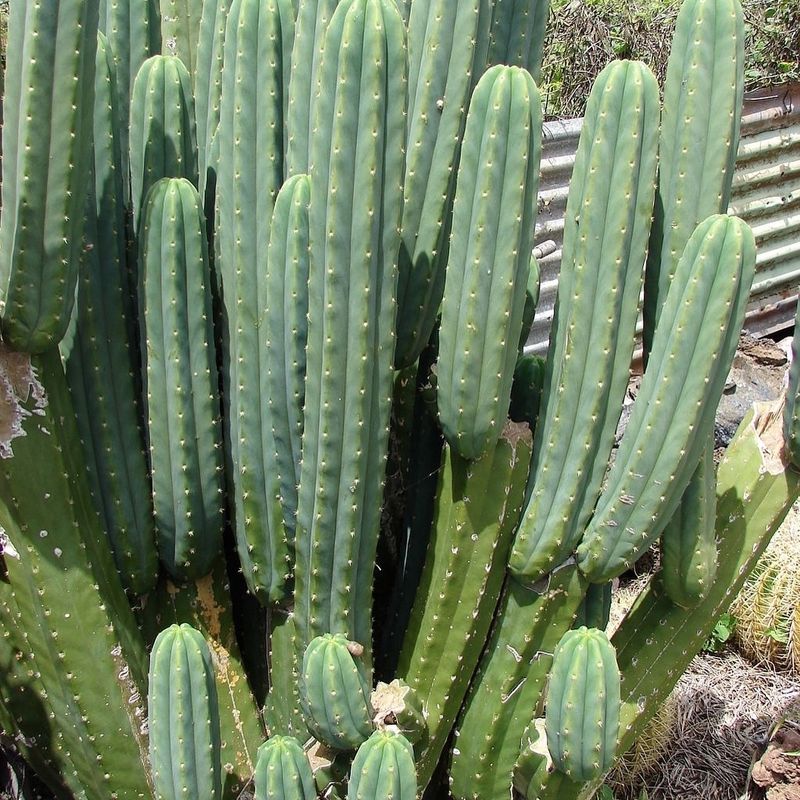
This columnar cactus contains mescaline, just like peyote. While sometimes sold as an ornamental plant, growing San Pedro specifically for its psychoactive properties is illegal in New Jersey.
The Garden State’s drug laws prohibit cultivating this cactus with intent to consume or extract its compounds. Many residents don’t realize their decorative cactus collection could potentially violate state regulations.
9. Jimson Weed
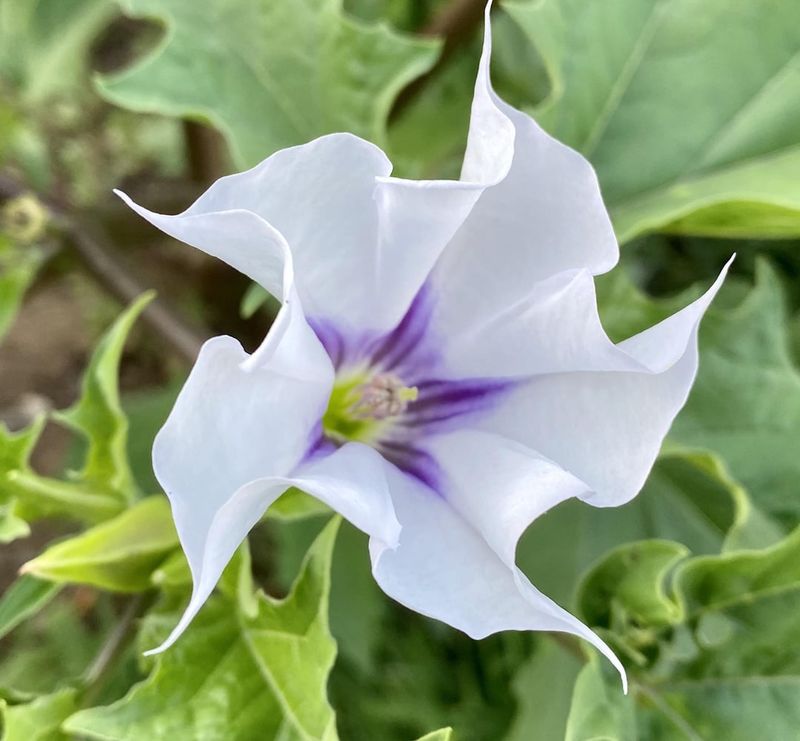
Also called Devil’s Trumpet, this poisonous plant contains dangerous tropane alkaloids. New Jersey prohibits intentional cultivation due to its extreme toxicity and potential for abuse as a dangerous hallucinogen.
The plant occasionally grows wild throughout the Garden State. Homeowners are actually required to remove it if discovered on their property, as its cultivation is banned under both drug and public safety regulations.
10. Purple Loosestrife
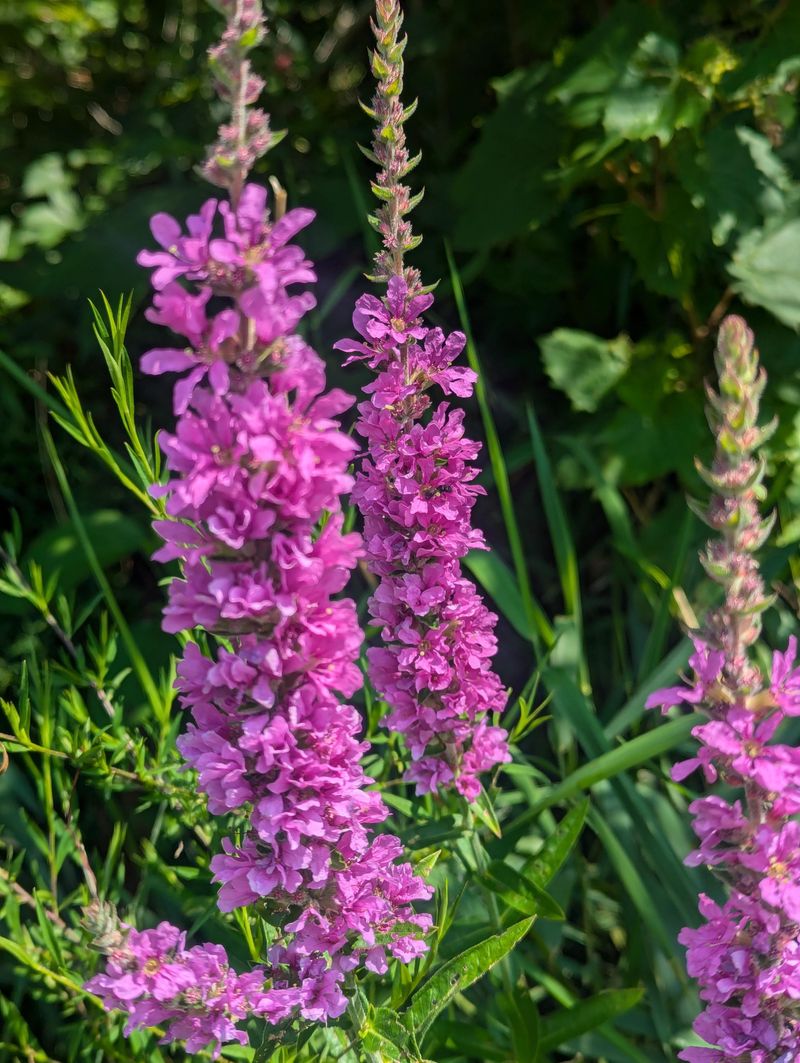
This beautiful purple flowering plant devastates wetland ecosystems by outcompeting native species. New Jersey strictly prohibits its cultivation under invasive species laws designed to protect the state’s delicate habitats.
Garden State environmental authorities actively work to eliminate existing populations. Even having this plant in your yard unintentionally requires immediate removal to comply with state regulations protecting New Jersey’s natural areas.
11. Japanese Barberry
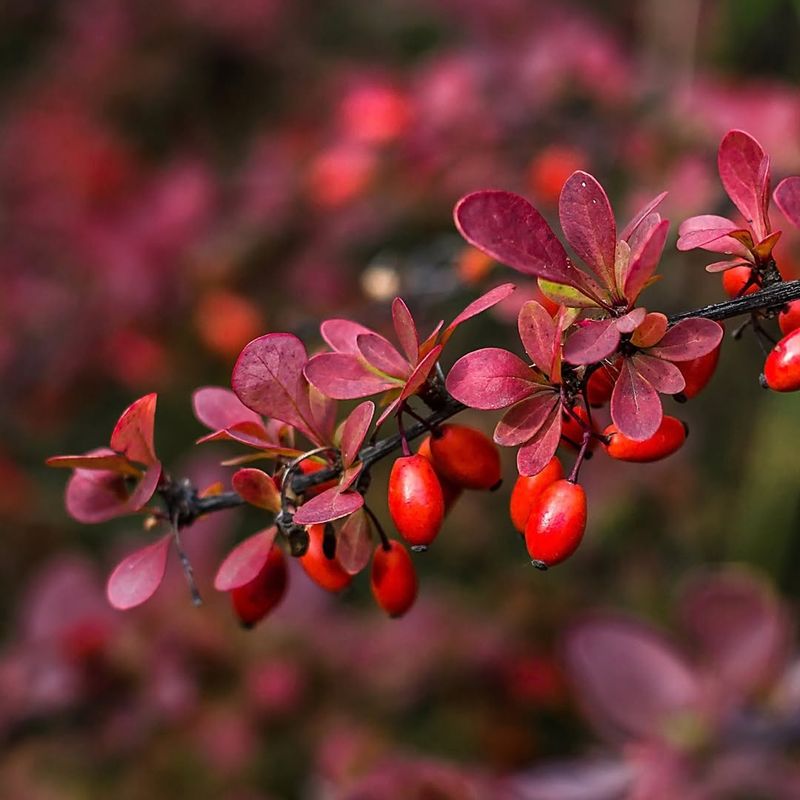
This common ornamental shrub is now banned for sale and cultivation in New Jersey due to its highly invasive nature. The plant creates ideal tick habitat, contributing to Lyme disease spread across the state.
Despite being sold in garden centers until recently, the Garden State now prohibits new plantings. Existing shrubs should be removed from New Jersey properties to comply with updated environmental regulations protecting native ecosystems.
12. Callery Pear
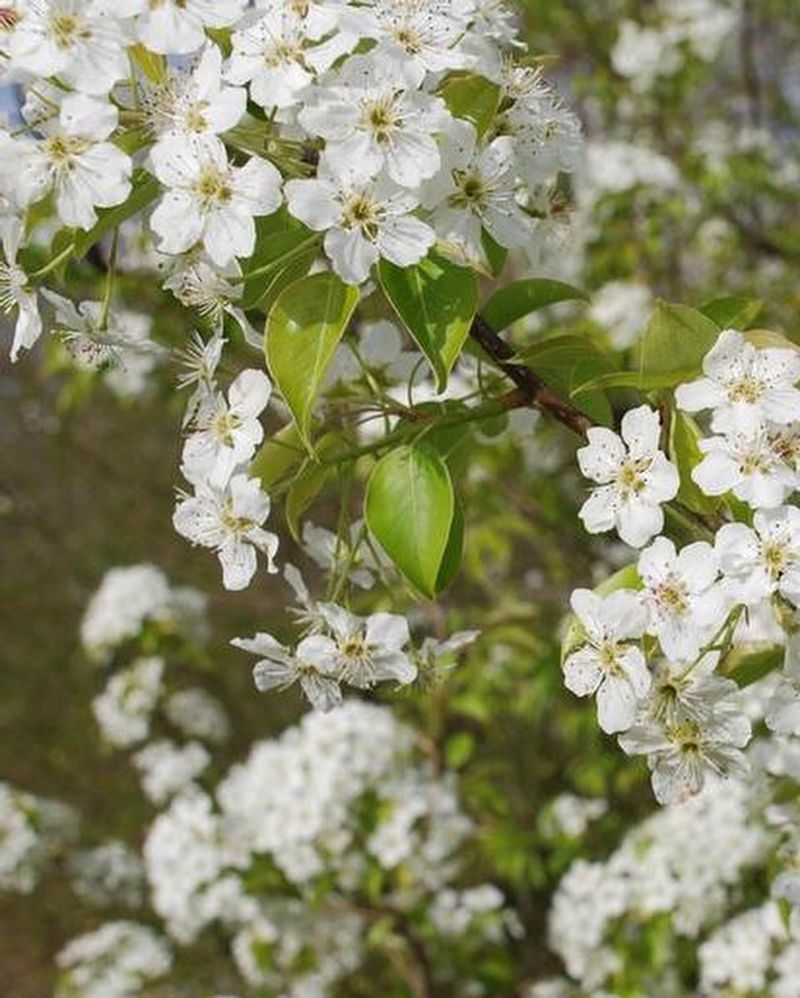
Once a popular ornamental tree, the Callery pear (including Bradford pears) is now banned in New Jersey. These trees spread aggressively, forming dense thickets that choke out native vegetation throughout the state.
Garden State regulations now prohibit selling or planting these invasive trees. Their weak branch structure and tendency to collapse makes them particularly problematic in New Jersey’s suburban communities during storms.
13. Water Hyacinth
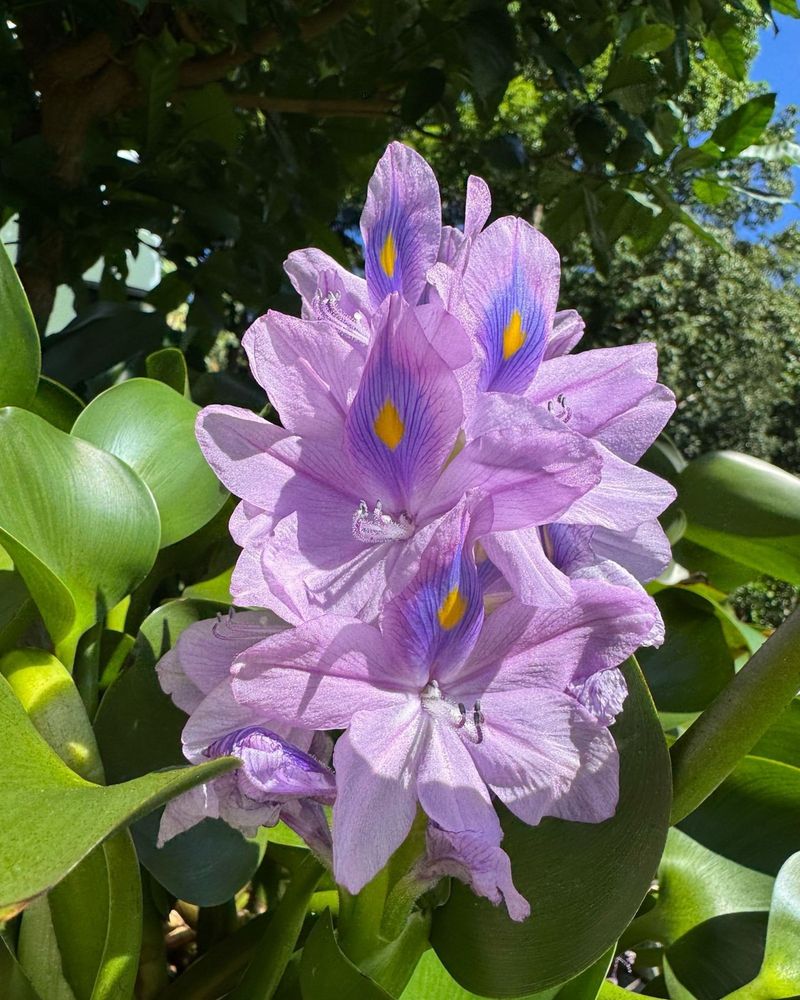
This floating aquatic plant with beautiful lavender flowers might seem perfect for your New Jersey water garden. However, it’s illegal to cultivate due to its incredibly aggressive growth that chokes waterways.
Garden State environmental regulations strictly prohibit growing water hyacinth in any setting. A single plant can multiply to cover 6,000 square feet in a single season, devastating New Jersey’s ponds and waterways.

